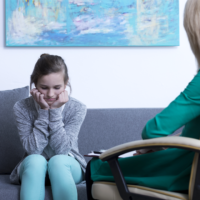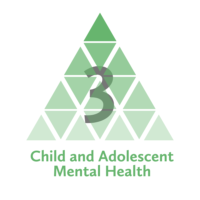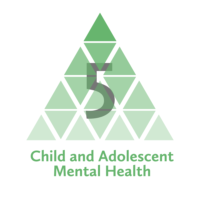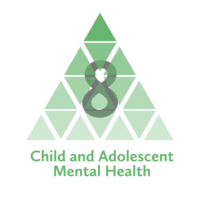Cognitive Training
-

A day in the life of a Children’s Wellbeing Practitioner
CWPs deliver low-intensity psychological interventions for mild to moderate low mood and anxiety disorders.
Read more -

CYP-IAPT – Where next?
This article outlines the Children and Young People’s Improving Access to Psychological Therapies project (CYP-IAPT), including where it came from, where we are now, and the challenges we have faced on the way.
Read more -

Can transdiagnostic CBT improve outcomes in children with ASD?
Transdiagnostic interventions apply the same underlying treatment principles across mental disorders, research in relation to ASD
Read more -

CBT and sertraline are effective treatments for paediatric anxiety, but how do they work?
Matti Cervin and colleagues analysed data from the largest RCT for paediatric anxiety disorders to examine how these treatments affect different domains of anxiety
Read more -

A thinner cortex predicts a better response to CBT
Research on magnetic resonance imaging (MRI) to identify neural markers that might predict a child’s response to treatment for obsessive-compulsive disorder (OCD).
Read more -

Child mental health professionals need more technology training
Bethany Cliffe and colleagues have surveyed 154 CAMHS professionals to understand why technology-based tools have not yet been widely adopted by CAMHS.
Read more -

Most cited CAMH paper joint #3 of 25: The contribution of mindfulness‐based therapies for children and families and proposed conceptual integration
Paul H. Harnett, Sharon Dawe.
Read more
Key Practitioner Message includes; Understanding the mechanisms of change is important in the future development of mindfulness‐based family interventions -

Most cited CAMH paper joint #5 of 25: Parental Report of Infant Language Skills: A Review of the Development and Application of the Communicative Development Inventories
James Law, Penny Roy.
Read more
Key Practitioner Message includes; Although they (CDIs) are versatile, efficient and valid, they should not be considered a panacea for child language assessment and particularly for predicting persistent language delay. -

-

Most cited CAMH paper #8 of 25: Review: Effectiveness of mindfulness in improving mental health symptoms of children and adolescents: a meta‐analysis
Kannan Kallapiran, Siew Koo, Richard Kirubakaran, Karen Hancock.
Read more
Key Practitioner Message includes; MBIs are a useful addition to the armamentarium for the treatment of children and adolescents